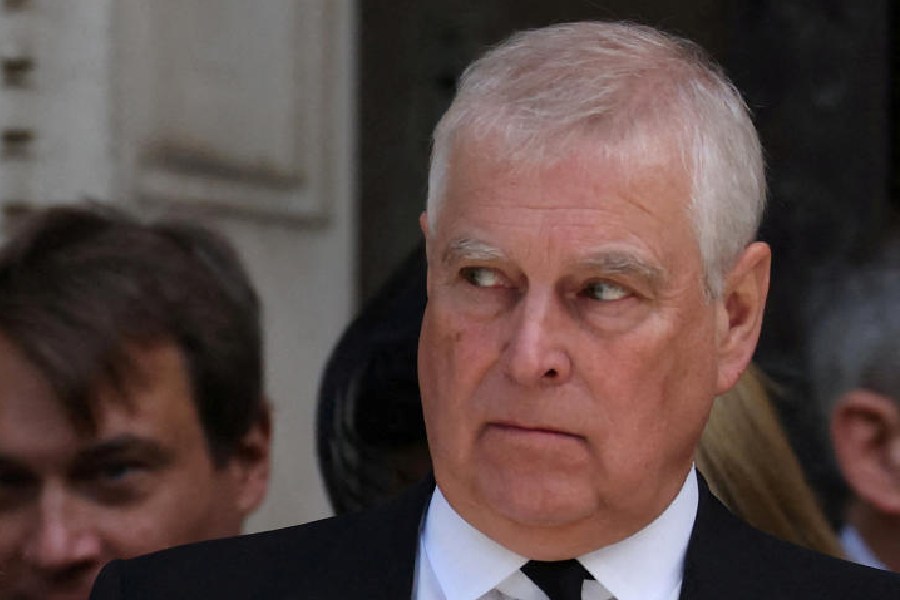For four days, Harvard University’s name had been in the headlines, heroic to some, villainous to others — after the nation’s oldest institution of higher learning stood up and said no to the demands of President Donald Trump, and then suffered his wrath.
But when leaders of the Harvard T.H. Chan School of Public Health convened a meeting on Thursday, resistance or acquiescence was not the question of the moment, nor was defiance the prevailing mood. The school’s leaders laid out their dire financial circumstances to a stunned and overwhelmed audience of about 1,000 students and faculty and staff members, near the end of a week of unprecedented federal aggression.
They had no good news to share.
“It’s like you’re hunkering down for the beginning of a war, where you think you’re going to be losing a lot of your freedoms and a lot of your resources,” said Steve Gortmaker, director of the school’s Prevention Research Center on Nutrition and Physical Activity, who attended the meeting.
With Harvard’s president, Alan Garber, standing toe-to-toe with the President of the US, faculty members and students on the Cambridge campus on Thursday said they were struggling to make sense of the rapid escalation this week of Trump’s campaign to bend the university to his will. After Garber rejected Trump’s demands, the White House moved swiftly to inflict punishment, freezing $2.2 billion to Harvard on Monday, suggesting on Wednesday it would revoke Harvard’s tax exemption, and then threatening to block the university from enrolling international students.
In Harvard Yard, students still hurried to class, tourists still lined up under flowering trees to take photos of a statue of John Harvard. But behind the scenes, professors and researchers acknowledged a rising tide of angst, anger and uncertainty, their pride in the university’s stand against federal intervention mingling with their dread of the painful consequences.
“Things are coming at us fast and furiously, on all fronts, and we have no idea what any of it is going to mean in terms of funding and job losses,” said Maya Jasanoff, a professor of history.
“It’s a cascade of questions, and I don’t know that the administration has answers either.”
The most pressing question, in her view, is whether Harvard will intensify its resistance by taking legal action against the White House.
On Thursday, thousands of students and faculty members rallied in Harvard Yard to condemn the Trump administration. It was one of the most well-attended demonstrations on Harvard’s campus in several years.
The public health school has been hit particularly hard, though it was by no means the only division reeling. Chan derives nearly half its budget, 46 per cent, from federal funding, a larger proportion than any other school at Harvard. About 40 per cent of its students are international, and that population is now at heightened risk. And much of its key research is in areas targeted squarely by Trump.
New York times News Service










